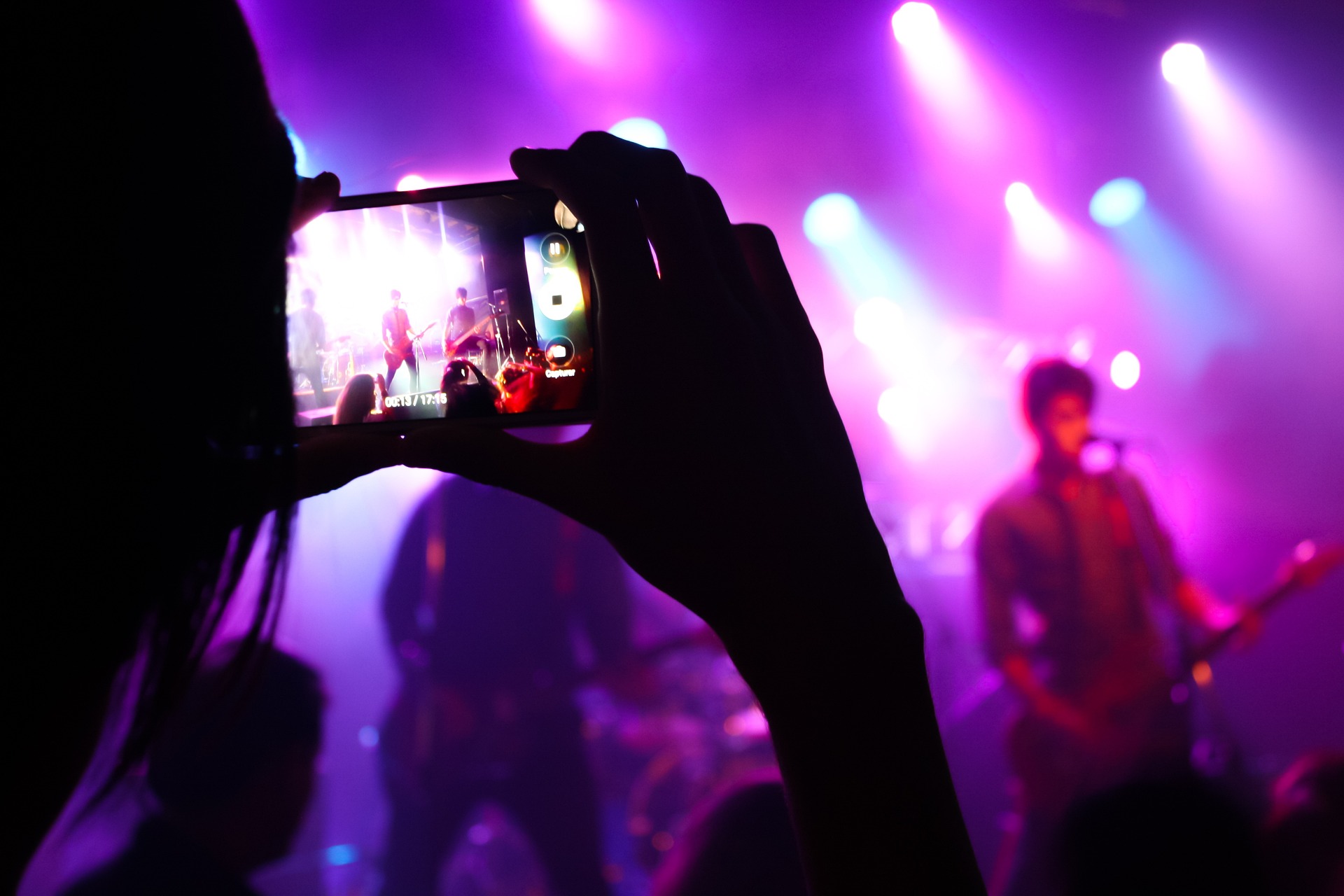Virtual Concerts Are Transforming the Live Music Experience
Live music has always been a cornerstone of entertainment, but virtual concerts are revolutionizing how audiences experience performances. With advancements in technology, artists are now able to create immersive, interactive, and highly engaging digital shows. As the music industry embraces this transformation, what does the future hold for virtual concerts?

The Rise of Virtual Concerts
Virtual concerts have existed in some form for years, but the pandemic accelerated their popularity. When live venues shut down, musicians turned to digital platforms to stay connected with fans. From intimate live-streamed performances to fully produced virtual experiences, the music industry found new ways to bring concerts into people’s homes.
Artists like Travis Scott, Ariana Grande, and BTS have taken virtual performances to new heights. Their digital shows on platforms like Fortnite, Roblox, and YouTube attracted millions of viewers, proving that virtual concerts could be more than just a temporary solution—they could be the future of live music.
How Technology Enhances Virtual Performances
Virtual concerts are evolving beyond simple live streams, thanks to emerging technologies like augmented reality (AR), virtual reality (VR), and artificial intelligence (AI). These tools allow for immersive experiences that blend reality with digital artistry.
VR concerts offer fans the ability to step into fully interactive venues, complete with 360-degree views and customizable avatars. AR technology enhances live performances by integrating digital effects into real-world settings. AI-driven personalization even allows fans to shape the concert experience in real time, creating a more interactive and dynamic show.
The Business of Virtual Concerts
For artists and the music industry, virtual concerts offer new revenue streams. Traditional live tours require extensive logistics, travel, and production costs. Virtual concerts, however, eliminate many of these expenses while reaching a potentially unlimited global audience.
Platforms like Wave, MelodyVR, and Stageverse are creating dedicated spaces for virtual performances, allowing artists to monetize shows through ticket sales, virtual merchandise, and fan interactions. This model makes concerts more accessible, enabling fans worldwide to attend without geographical or financial limitations.
Audience Engagement and the Future of Fan Interaction
One of the biggest advantages of virtual concerts is the ability to enhance fan interaction. Unlike traditional concerts, digital performances can incorporate real-time chats, polls, and direct artist engagement. Some platforms even allow fans to control stage elements or participate in immersive narratives during the show.
NFTs and blockchain technology are also changing how fans connect with artists. Exclusive digital collectibles, backstage passes, and limited-edition virtual merchandise are adding new layers of engagement and monetization to the live music experience.
Will Virtual Concerts Replace Traditional Live Shows?
Despite their advantages, virtual concerts are unlikely to replace in-person performances entirely. The energy of a live crowd, the physical presence of an artist, and the communal aspect of concerts are irreplaceable. However, virtual concerts are not meant to be a substitute—they are an evolution.
Hybrid models, where artists combine physical tours with digital experiences, are becoming more common. This approach allows musicians to extend their reach, providing fans with multiple ways to engage with their music. As technology continues to advance, virtual concerts will complement live performances, creating a more diverse and inclusive concert industry.
The future of live music is not about choosing between physical or digital—it is about embracing both. Virtual concerts are redefining what is possible, offering artists new creative opportunities and fans unprecedented access to the music they love. As technology and artistry continue to merge, the concert experience will never be the same again.






